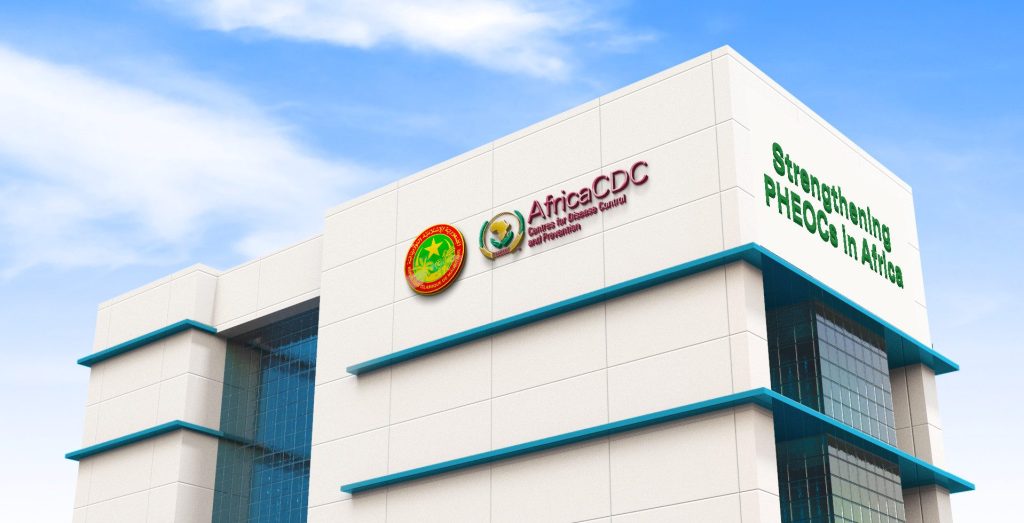Mauritania Strengthens Capacity to Manage Public Health Emergencies
Mauritania is now better equipped to respond to public health emergencies following a successful five-day training workshop on the Public Health Emergency Operations Centre (PHEOC) and the Incident Management System (IMS), held from 5–9 May 2025 in Nouakchott.
The training, organized by Africa CDC in collaboration with the Northern Africa Regional Coordinating Centre (RCC), brought together 28 participants and 7 facilitators, including logistics and administrative officers, IT experts, and military personnel.
The sessions focused on strengthening the operational readiness of Mauritania’s PHEOC team through hands-on training in IMS principles, emergency response frameworks, and operational coordination.
Speaking after the workshop, Dr Ahmed Tijani Abubakar, Emergency Preparedness and Response focal point for Africa CDC and coordinator for the African Volunteers Health Corps in Northern Africa, described the workshop as a success.
“We noted significant progress—about 83.36% of post-test answers showed marked improvement over pre-test results, indicating strong knowledge gains in emergency preparedness,” he said.
The workshop was officially opened by the Secretary General of the Ministry of Health, Mme El Alia Mint Menkouss, with remarks also delivered by WHO Country Representative, Mme Ndiaye Fati.
WHO also supported both the theoretical and practical segments of the training, which aimed to enhance Mauritania’s ability to activate and manage IMS structures during real-world outbreaks.
Participants were trained on the core functions and structure of a PHEOC, the IMS operational cycle, and public health emergency management planning—including manuals, standard operating procedures (SOPs), and contingency plans.
Despite the progress made, Dr Tijani emphasized the need for continued training to further empower the PHEOC staff with practical tools and strategic leadership capabilities.
He encouraged participants to finalise key frameworks including a public health emergency handbook, a national contingency plan, and a legal structure for multisectoral coordination.
As part of the mission, Africa CDC experts also visited the national EOC to assess the storage and condition of emergency equipment. While equipment was found to be in good condition, the physical structure housing it requires review to meet standardization needs.
This training forms part of Africa CDC’s ongoing commitment to building resilient health systems and advancing the New Public Health Order across the continent.



